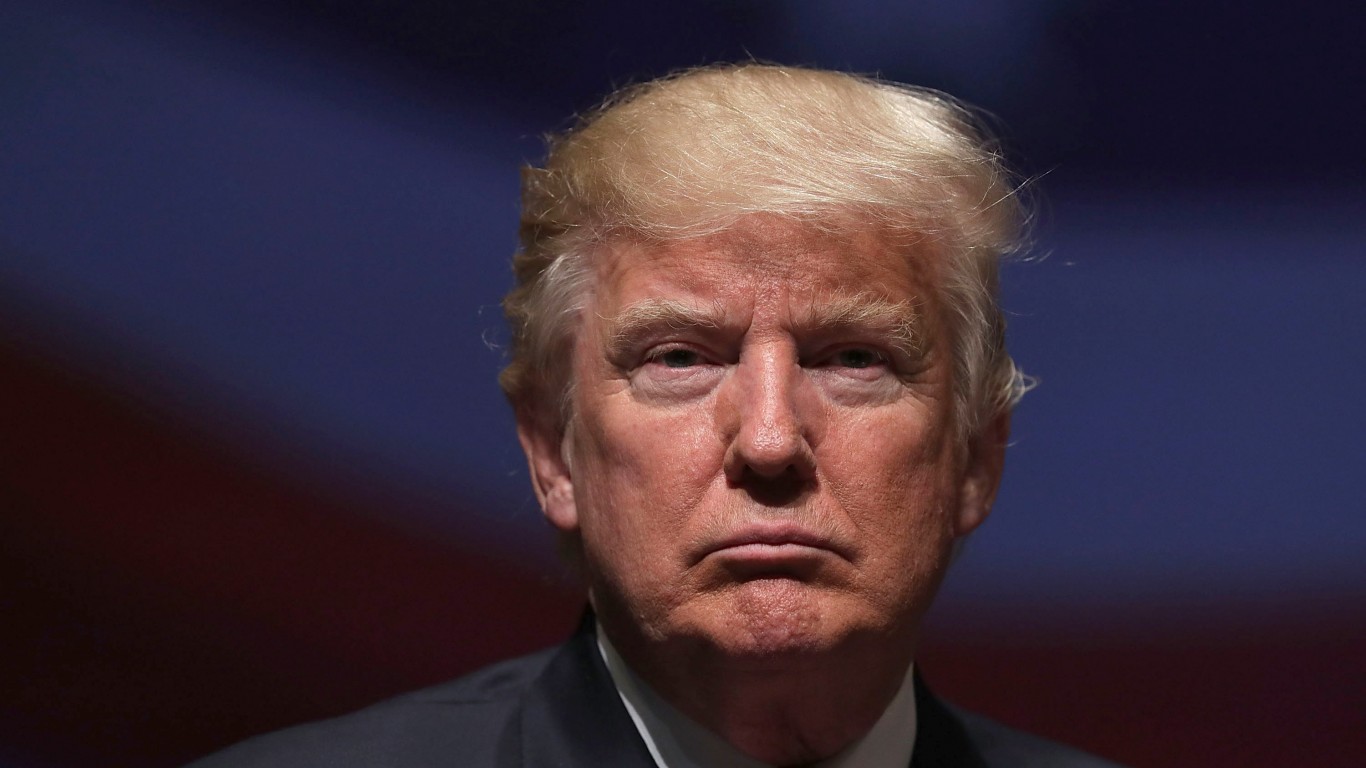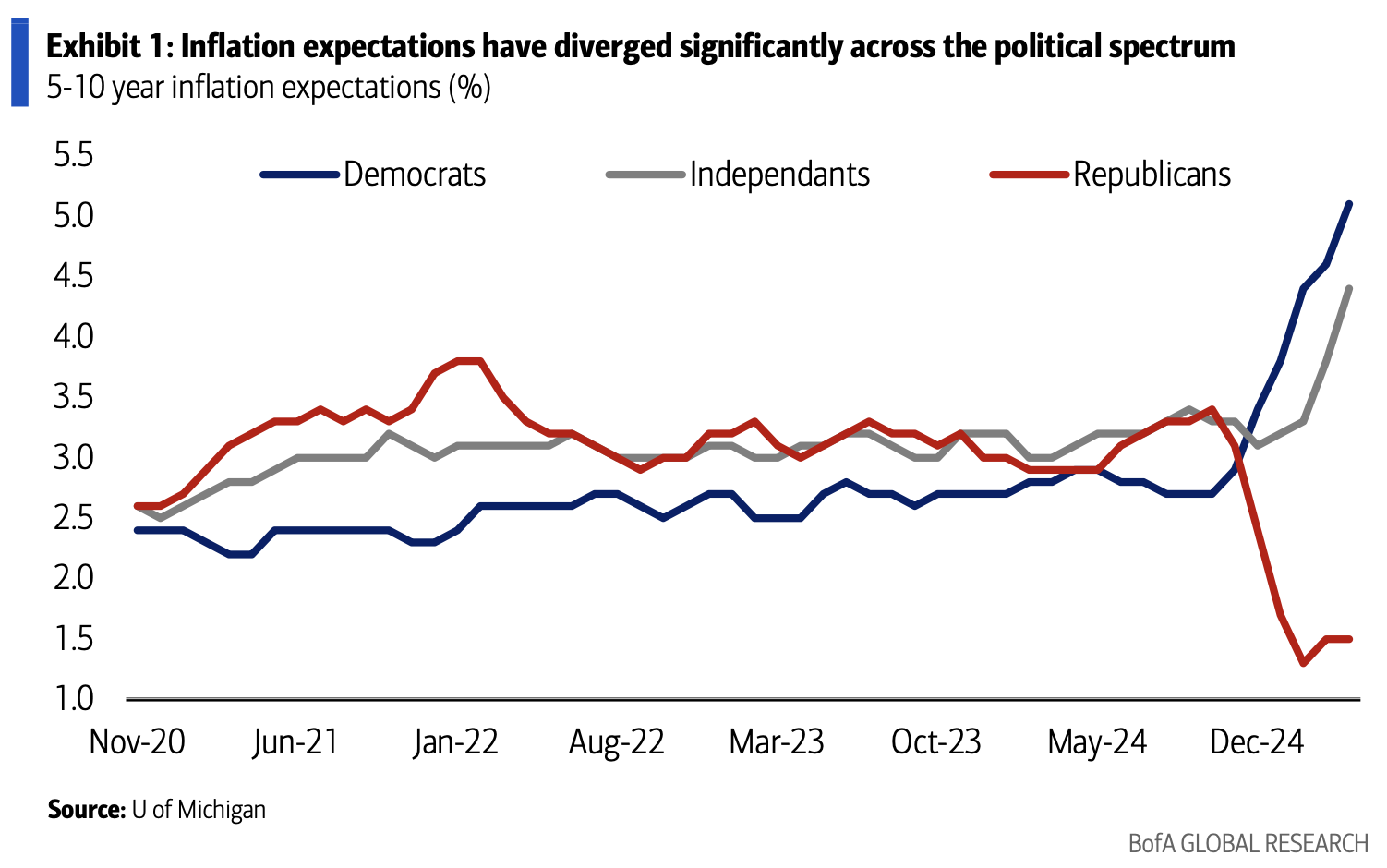US Senate moves forward with GENIUS stablecoin bill
The US Senate has voted to advance a key stablecoin-regulating bill after Democrat Senators blocked an attempt to move the bill forward earlier in May over concerns about President Donald Trump’s sprawling crypto empire.A key procedural vote on the Guiding and Establishing National Innovation for US Stablecoins Act, or GENIUS Act, passed in a 66-32 vote on May 20.Several Democrats changed their votes to pass the motion to invoke cloture, which will now set the bill up for debate on the Senate floor.Republican Senator Cynthia Lummis, one of the bill’s key backers, said on May 15 that she thinks it's a “fair target” to have the GENIUS Act passed by May 26 — Memorial Day in the US.Source: MartyPartyThe GENIUS Act was introduced on Feb. 4 by US Senator Bill Hagerty and seeks to regulate the nearly $250 billion stablecoin market — currently dominated by Tether (USDT) and Circle’s USDC (USDC).The bill requires stablecoins be fully backed, have regular security audits and approval from federal or state regulators. Only licensed entities can issue stablecoins, while algorithmic stablecoins are restricted.Several Democratic senators withdrew support for the bill on May 8, blocking a motion to move it forward, citing concerns over potential conflicts of interest involving Trump’s crypto ventures and anti-money laundering provisions.Related: Circle plans IPO but talks with Ripple, Coinbase could lead to sale: ReportThe bill was revised soon after to receive enough bipartisan support to proceed to a vote.Hagerty’s stablecoin bill builds on the discussion draft he submitted for former Representative Patrick McHenry’s Clarity for Payment Stablecoins Act in October.Magazine: Crypto wanted to overthrow banks, now it’s becoming them in stablecoin fight



The US Senate has voted to advance a key stablecoin-regulating bill after Democrat Senators blocked an attempt to move the bill forward earlier in May over concerns about President Donald Trump’s sprawling crypto empire.
A key procedural vote on the Guiding and Establishing National Innovation for US Stablecoins Act, or GENIUS Act, passed in a 66-32 vote on May 20.
Several Democrats changed their votes to pass the motion to invoke cloture, which will now set the bill up for debate on the Senate floor.
Republican Senator Cynthia Lummis, one of the bill’s key backers, said on May 15 that she thinks it's a “fair target” to have the GENIUS Act passed by May 26 — Memorial Day in the US.
The GENIUS Act was introduced on Feb. 4 by US Senator Bill Hagerty and seeks to regulate the nearly $250 billion stablecoin market — currently dominated by Tether (USDT) and Circle’s USDC (USDC).
The bill requires stablecoins be fully backed, have regular security audits and approval from federal or state regulators. Only licensed entities can issue stablecoins, while algorithmic stablecoins are restricted.
Several Democratic senators withdrew support for the bill on May 8, blocking a motion to move it forward, citing concerns over potential conflicts of interest involving Trump’s crypto ventures and anti-money laundering provisions.
Related: Circle plans IPO but talks with Ripple, Coinbase could lead to sale: Report
The bill was revised soon after to receive enough bipartisan support to proceed to a vote.
Hagerty’s stablecoin bill builds on the discussion draft he submitted for former Representative Patrick McHenry’s Clarity for Payment Stablecoins Act in October.
Magazine: Crypto wanted to overthrow banks, now it’s becoming them in stablecoin fight



















































































































































































